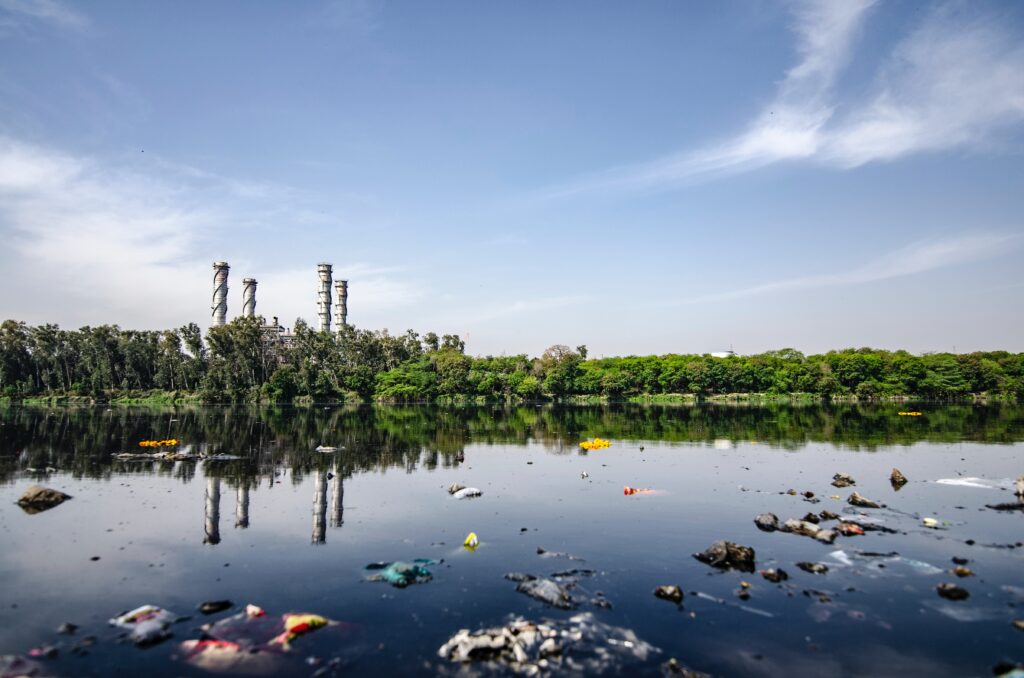Low- and middle-income countries account for 92% of pollution-caused deaths and face biggest economic losses as a result, says study
A new report published in the The Lancet Planetary Health states that pollution caused the death of around nine million people in 2019, corresponding to one in six deaths globally. Of the nine million pollution-attributable deaths in 2019, air pollution (both household and ambient) accounted for the greatest number of deaths at 6.67 million globally, roughly about 75% of the nine million deaths. Water pollution, on the other hand, was responsible for 1.36 million premature deaths.
In 2019, India had the world’s largest estimated number of air pollution-related deaths, killing 1∙67 million people. In 93% of India, pollution levels remain well above WHO guidelines, according to the report.

Rise in modern pollution
As per the report, increases in modern pollution-related deaths (for example, ambient air and hazardous chemical pollution) have dwarfed the advances in lowering pollution-related deaths linked to extreme poverty (for example, household air and water pollution).
Traditional pollution includes deaths from household air pollution from solid fuels and unsafe water, sanitation, and hand washing. Modern pollution includes deaths resulting from ambient ozone pollution, ambient particulate matter pollution, lead exposure, occupational carcinogens, occupational particulate matter, gases, and fumes.
Deaths caused by modern pollution risk factors, which are the unintended consequence of industrialisation and urbanisation, have risen by 7% since 2015 and by over 66% since 2000, totaling at 6.3 million deaths. Lead contributed to 900,000 premature deaths, followed by toxic occupational hazards at 870,000 deaths. Overall, toxic chemical pollution killed more than 1.8 million in 2019. Ambient air pollution caused 4.5 million deaths in 2019, up from 4.2 million deaths in 2015 and 2.9 million in 2000.

Researchers say that figures on deaths from chemical pollutants are likely to be underestimated as only a small number of manufactured chemicals in commerce have been adequately tested for safety or toxicity.
Impact on economy
The report points out that excess deaths caused by pollution have led to a loss of US$ 4∙6 trillion in 2019, equating to 6∙2% of global economic output. The greater burden of these pollution-induced economic losses, however, falls on low-income and middle-income countries. These are the countries where 92% of pollution-related deaths occur to begin with.

The report quoted a World Bank study on health costs of PM2·5 air pollution that stated that the economic effects of air pollution are especially severe in regions of east Asia and the Pacific, where losses are equivalent to 9·3% of GDP, and south Asia, where losses are equivalent to 10·3% of GDP. In India, output losses due to traditional pollution were 3∙2% of GDP in 2000. Current economic losses from both, traditional and modern pollution, stand at approximately 1% each in India. India, therefore, has reported a fall in the loss caused by traditional pollution.
Richard Fuller, the lead author of the report, points out that since 2015, there has been only a minimal increase in the attention and funding to address pollution and its health effects, despite well-documented increases in public concern.
About The Author
You may also like
Air pollution levels lower than Indian norms causing deaths: Study
Air pollution second-biggest reason for deaths among young kids in South Asia: Study
Air pollution leading risk factor for death in South Asia, killed 2.6 million in 2021: Report
Haryana government to launch ₹10,000-crore project to combat air pollution
50% of new cars sold in 2023 globally were polluting SUVs, data shows


